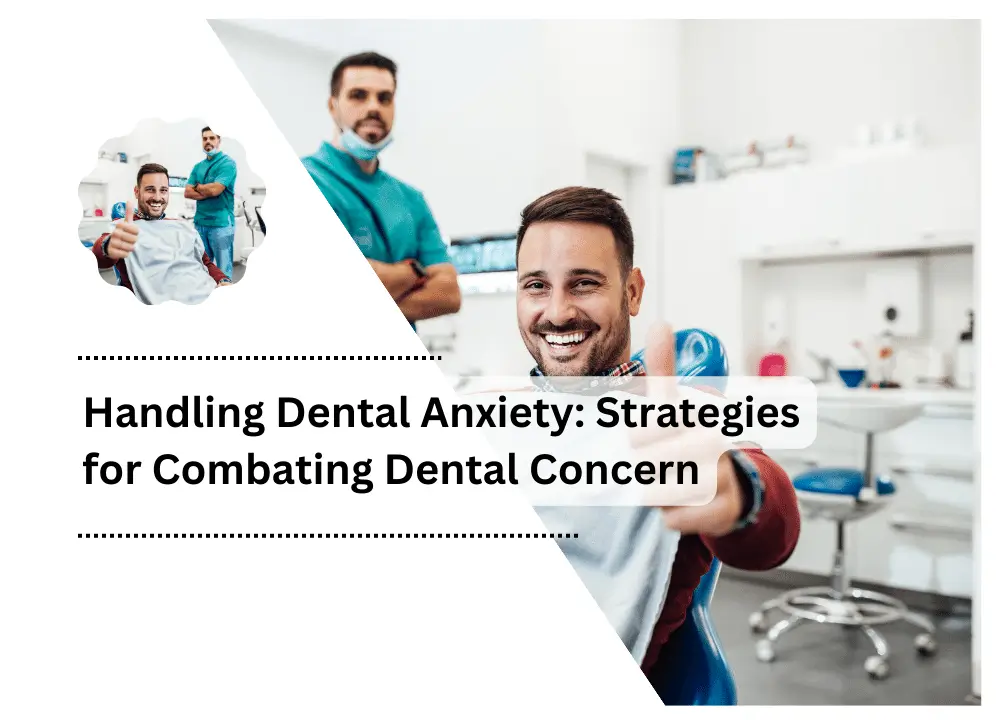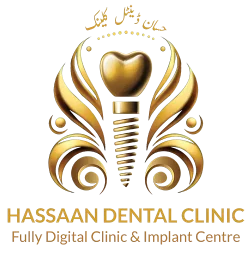Dental anxiety is being scared of oral treatment. People with dental anxiety do not visit the dentist and delay their treatment. Thinking about needles, drills and setting triggers general anxiety. When dental anxiety is very severe and creates trouble in treatment it is then termed as dental phobia. People avoid dentists which worsen their diseases and leads to very severe conditions. Daily dental visits and X-rays can help people to prevent oral diseases. Dental anxiety is the main hurdle of not visiting the dentist daily or once a week. By avoiding the dentist you are susceptible to more gum diseases. Delaying treatment can lead your oral health to severe diseases and it can cause emergency dentist treatment.
Symptoms of dental phobia:
People with dental anxiety experience sweating, increased heart rate, and low blood pressure which sometimes lead to fainting. Signs of panic are also a visible symptom of dental phobia. Due to these symptoms, people avoid going to dentists. Some people even miss their checkups set by their dentist because of dental fear.
Who can be affected by dental anxiety:
Dental anxiety can affect people at any age. Children who suffer bad experience with dentists are most affected by dental anxiety. Even youngsters and old age people are also susceptible to dental anxiety. If these dental fears are very well handled the children can overcome the fear. When the dentists are sympathetic they help the patients to cope with their dental anxiety and they are then able to go to their dentists.
How to manage dental anxiety:
There are many ways to manage dental anxiety. Many psychological coping techniques help people cope with dental anxiety. Some of these techniques are deep breathing, meditation and distraction. Agreeing with your dentist on a signal is also the best way to cope with anxiety. Listening to music is also the best distraction way.
There are many other ways to manage dental anxiety such as:
Conscious sedation:
This is a type of sedation in which medication is given through the veins. A drip is placed into a vein in the arm or hand. It is given by an anaesthetist or a dental seditionist. After receiving it you are relaxed and the person drifts off to light sleep. Not all dentists give dental sedation. Due to the light sleep you cannot feel any pain. you cannot feel any dental anxiety symptoms.
Meditation and muscle relaxation:
Anxiety worsens when you sit in the waiting room or once you sit on the dental chair. In this situation, meditation is the best way to cope with the stress. It involves muscle relaxation which can be achieved even at the dental office. You can have a seat and focus on one thing which will distract you from the fear of the dental setting. Relaxing your body is good in this situation as one can get relaxed from head to foot. You can also meditate before going to the dentist’s place.
Be open about your fear:
Open and honest communication is the key to putting your anxieties at rest. If your dental team is good at communication you can tell them about your fear openly. This will help you a lot. Your dentist will tell you many ways to reduce dental anxiety. Communication is very best in these types of situations as it helps you to get rid of the burden that you are holding in your head.
Choose the right dentist:
Choosing a dentist who has sympathy towards you and communicates with you about your fear makes a world difference. Those dentists are trained to treat nervous patients. They will handle the patient very gracefully. They talk to you about the procedures very gracefully and train you on how to handle the anxiety.
Guided imagery:
Visualizing happy thoughts is also the best way to get rid of dental anxiety. You can imagine your past happy memories or go to happy places in your imagination. This helps you to be distracted from the fear of needle drills etc. Being nostalgic can make you feel happier, it will calm your mind and you will feel relaxed.
Conclusion:
By implementing these tips you can help yourself to suppress your dental anxiety. You can go to your dentist without any fear. You can take your treatment on time without any fear. Managing dental anxiety is also crucial for oral health as well as for mental health. These tips can make your dental visit more comfortable. Oral health must be the top priority for all people as we eat through our mouths. With affected oral health not only your mouth but other organs may also be affected. These strategies are best for overcoming dental stress.



